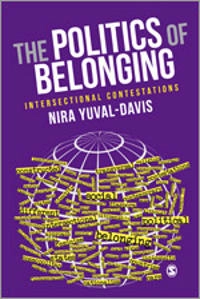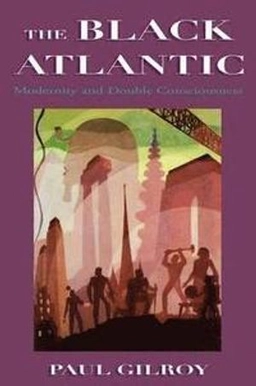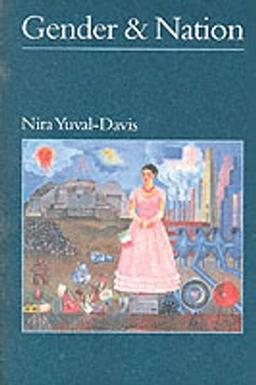

After empire : melancholia or convivial culture?
- Utgiven: 2004
- ISBN: 9780415343084
- Sidor: 200 st
- Förlag: Routledge
- Format: Häftad
- Språk: Engelska
Om boken
Åtkomstkoder och digitalt tilläggsmaterial garanteras inte med begagnade böcker
Mer om After empire : melancholia or convivial culture? (2004)
2004 släpptes boken After empire : melancholia or convivial culture? skriven av Paul Gilroy. Den är skriven på engelska och består av 200 sidor. Förlaget bakom boken är Routledge.
Köp boken After empire : melancholia or convivial culture? på Studentapan och spara pengar.
Referera till After empire : melancholia or convivial culture?
Harvard
Oxford
APA
Vancouver



















